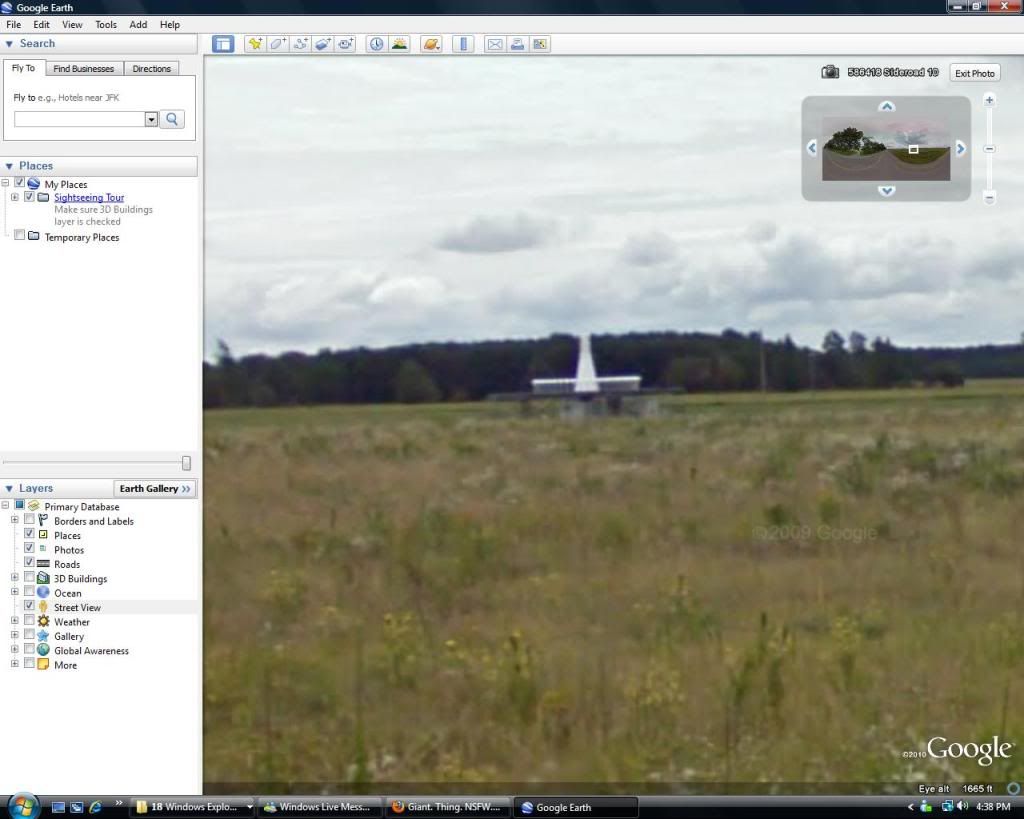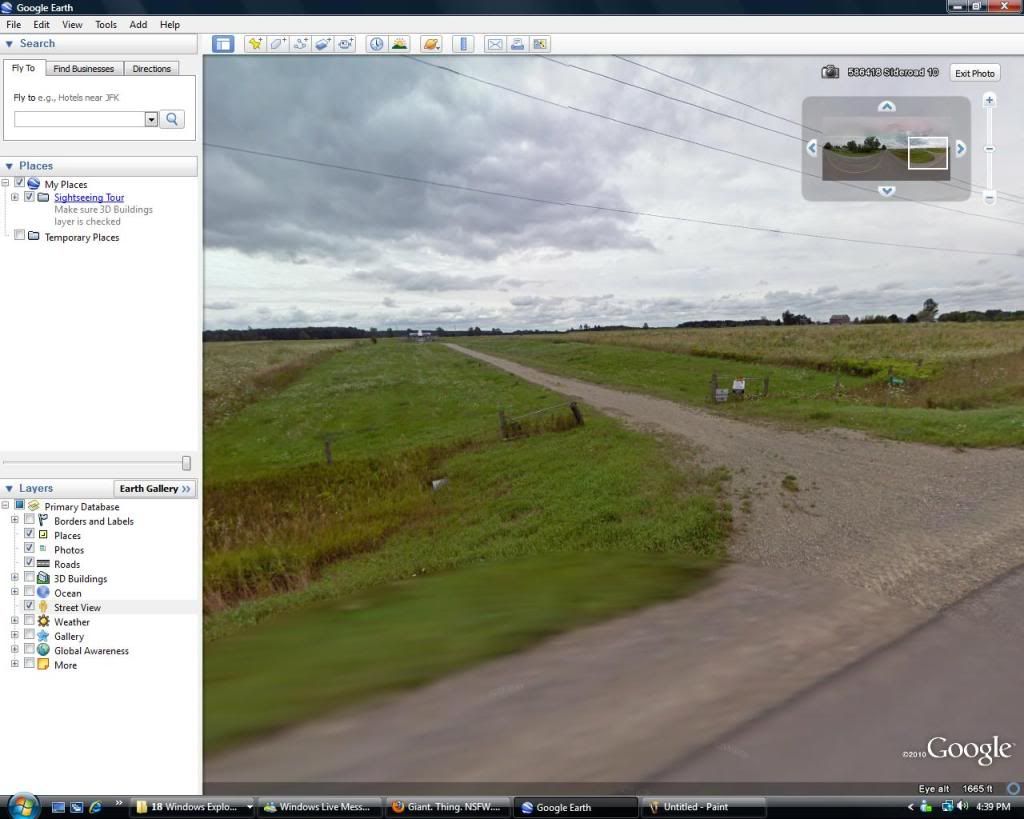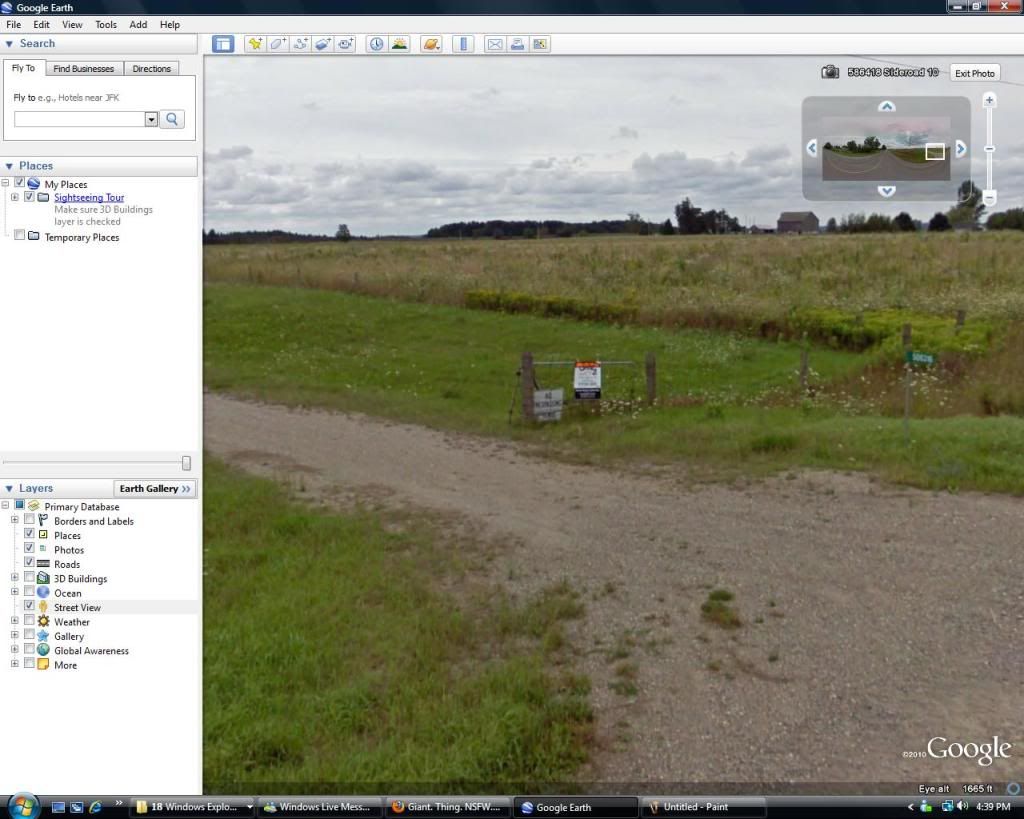Originally posted by Ralphie
View Post
Announcement
Collapse
No announcement yet.
Giant. Thing. NSFW.
Collapse
X
-
Lol.Originally posted by cbscandal View PostI use it to bootycall your mom.

Yes my name is Dang, Don't use in vain
1992 Honda Accord EX (Coupe/Bordeaux/Auto)
1992 Honda Accord EX (Coupe/Bordeaux/H22A MT)
2008 Honda Accord EXL (Coupe/SanMarino/6spd)
Comment
-
If airplanes are other planets, then yes. The range is only up to about 200 miles or so.Originally posted by F22HB View PostMaybe I read that wrong but what you're saying is it's for communicating with other planets. That's hardcore.
Comment
-


So how much do pilots REALLY rely on this information? I mean, I know you need your instruments and you probably learn to trust them, but if, for whatever reason, you had to land a plane with no satellite or GPS-type help, could it be done? Could you land a plane only knowing your altitude and speed?

KeepinItClean | EnviousFilms | NoBigDeal | YET2BSCENE | .· ` ' / ·. | click here.
Originally posted by JarrettIs there a goal you're trying to accomplish besides looking dope as hell?
Comment
-
You can land without any primary flight instruments if you can see the ground.Originally posted by MikeW View Post

So how much do pilots REALLY rely on this information? I mean, I know you need your instruments and you probably learn to trust them, but if, for whatever reason, you had to land a plane with no satellite or GPS-type help, could it be done? Could you land a plane only knowing your altitude and speed?
You can use the Earth in place of the instruments, and you can use known power and pitch settings (called the Control/Perfomance method of flying), to get your airspeed.
The instruments are only required in low visibility and bad weather, or IFR (Instrument Flight Rules) or IMC (Instrument Meteoroligical Conditions) flying.
For VFR or VMC (Visual Flight Rules and Visual Meteorological Conditions), you don't need the primary flight instruments at all. The only ones you really use a whole lot in those circumstances are the airspeed and altimeter. You do use the others, but more to back up/monitor what you are seeing outside as opposed to actually control the airplane.
If you were in IMC and lost all of your instruments, then your first priority is to take what little bit of situational awareness you still have and get your airplane to a safe location and altitude so you can procede to an alternate destination that was in VMC, or that you could see out the window. If you lose only part of your flight instruments, then pilots are by legal requirement, trained to be able to fly the airplane with only part of the instruments working. It gets really workload intensive really quick, but can be done. Obviously, as instructors, we challenge our students with worst case scenario training, so that if they were to encounter that in the real world, they would hopefully be able to deal with it. At the very least, they have probably seen something similar before.
People have this misconception that the airplane can't be flown without instruments, mostly because they don't know better. The instruments (for the most part) are only required when the view out the windows is not sufficient to fly the airplane by looking at the ground. Keep in mind that the eariliest airplanes didn't have anything, and then until the 1930's, they pretty much had a compass, and airspeed indicator and an altimeter in some cases.
And yes, the very first lesson of instrument training is to trust your instruments, because you are much more likely to determine your position in space physiologically (inner ear, view out, etc) incorrectly versus your instruments having a mechanical failure. We have ways to determine whether the instruments are working correctly, or are failing and in the new glass cockpits, equipment failures are especially rare because they aren't relying on mechanical parts like the old "round dial" instruments.
Comment
-
That's fucking awesome. I love this shit.

KeepinItClean | EnviousFilms | NoBigDeal | YET2BSCENE | .· ` ' / ·. | click here.
Originally posted by JarrettIs there a goal you're trying to accomplish besides looking dope as hell?
Comment
-
Ok, Google Earthed the one by my old house. There's houses on the other side of the road from it.
Apparently it's for sale too lol.


 Last edited by crazymikey; 01-06-2011, 07:53 PM.
Last edited by crazymikey; 01-06-2011, 07:53 PM.
Comment
-
Yes, these stations dot most parts of the world. Usually, you find them every 50-100 miles though. Also, there are different types, as they aren't all as powerful as each other. They have what are called High VOR's, Low VOR's and Terminal VOR's. Each one is respectively less powerful than the last. The High VOR's are used for longer range navigation, the Low VOR's are used for short range navigation, and the terminal VOR's are typically used for instrument approaches into that airport only, or navigating in the immediate vicinity of the airport.Originally posted by crazymikey View PostThere's one like these near my old house in Ontario. It's in the middle of an open field, like 500 feet off the road. Just a chain link fence around it and a small shed-like out building and an ungated driveway.
Coincidentally, if you were to look at an aeronautical sectional chart, or an IFR enroute chart, you would see that these VOR's serve as the foundation for our airway system, which is essentially highway routes in the sky. Prior to the advent of GPS, you used to essentially fly from station to station to station to get across the country in bad weather when you couldn't fly from one point on the ground to another. With the advent of GPS, we still use them frequently, but GPS makes more direct routing possible, saving time and money. You will also have a tendency to find special use airspace such as military training routes, restricted areas etc in between the highways.
Comment
-
Originally posted by life_shift View Postoh if anyone has google earth, i find this site quite interesting haha
its kinda scary to see.
http://www.gearthhacks.com/dlfile159...sile-sites.htm
Click on the pic that looks like google earth and it will download the content and open it in google earth.People are retards if they thought that was anything...... Why does everyone hate the goverment.Originally posted by The G-Man View PostThis 'thing' is northwest of BHM airport. It is the VULCAN Vortac.
http://skyvector.com/?ll=33.69603564...hart=29&zoom=2
Go to this page and type vulcan into the box:
http://www.airnav.com/navaids/
More info on VOR and VORTAC.
You guys are retards.
Also in that google map thing of where the silos are....... The one in Nj at fort dix isnt in the right location
Comment
-
Cool info. Especially since I'm clueless about aviation lol.Originally posted by owequitit View PostYes, these stations dot most parts of the world. Usually, you find them every 50-100 miles though. Also, there are different types, as they aren't all as powerful as each other. They have what are called High VOR's, Low VOR's and Terminal VOR's. Each one is respectively less powerful than the last. The High VOR's are used for longer range navigation, the Low VOR's are used for short range navigation, and the terminal VOR's are typically used for instrument approaches into that airport only, or navigating in the immediate vicinity of the airport.
Coincidentally, if you were to look at an aeronautical sectional chart, or an IFR enroute chart, you would see that these VOR's serve as the foundation for our airway system, which is essentially highway routes in the sky. Prior to the advent of GPS, you used to essentially fly from station to station to station to get across the country in bad weather when you couldn't fly from one point on the ground to another. With the advent of GPS, we still use them frequently, but GPS makes more direct routing possible, saving time and money. You will also have a tendency to find special use airspace such as military training routes, restricted areas etc in between the highways.
Comment











 . They're pretty shady sometimes. I think that's fair to say.
. They're pretty shady sometimes. I think that's fair to say.

Comment